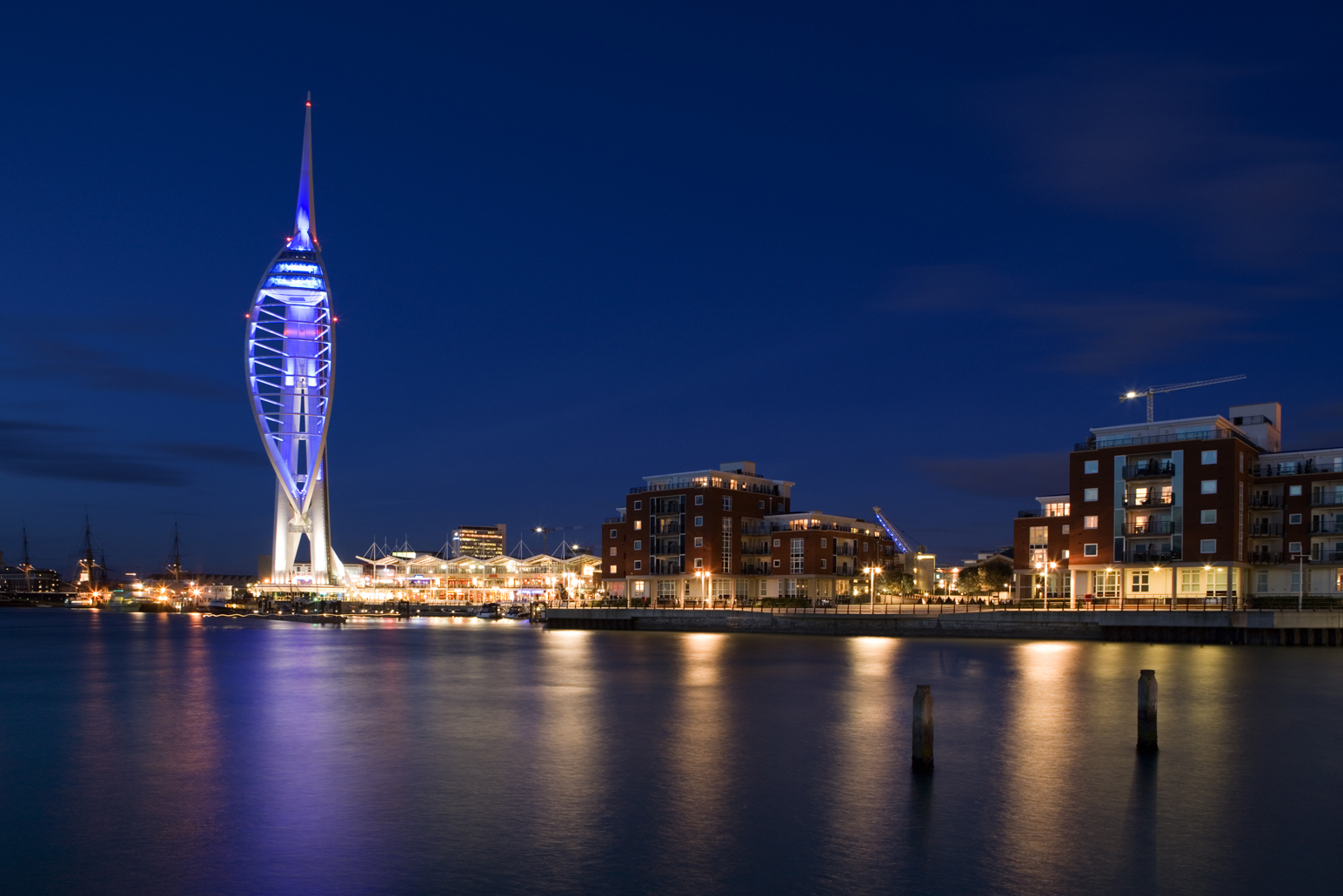Accommodations
Cost of accommodation varies depending on the type of accommodation a student chooses. Many students opt for living at their university’s residence halls during their first year to ease their transition into a new environment before moving into private accommodations off-campus in the following years.
There are many options for accommodations – from homes & residences to flats. Students are strongly encouraged to arrange their accommodations prior to their arrival. There are generally 3 options for accommodations: on-campus residence, homestay, and off-campus housing (private rentals).
On-Campus Residence Halls
Students can find residence options offered by a university on the school’s website or by contacting the school directly. Many international students, and out-of-town domestic students, choose to live in residence halls during their first year instead of making off-campus arrangements to make their transition easier. Campus residences are furnished, and often also include cleaning and meals. On-Campus housing is an excellent way for students to make friends and immerse into the college/university experience in a supportive and structured environment.
Homestay
Another great way to connect with locals is through the homestay program. Students can also choose to live with a British family, who becomes their “host”. The “host” family is screened by a professional agency. One popular agency is UK Homestay. Some universities may even have a preferred homestay agency that they work with. Students can research this on their school’s website or by searching “name of school” and “homestay” on Google.
Off-Campus Housing
Students also have the option of renting an apartment or a room outside of school. Some schools have services that help students find a place, known as off-campus housing assistance. Students can find housing on websites like Student Housing UK, Student Accommodation UK and The Student Housing Company, or by searching on Facebook. When searching, use keywords like “(name of school) student housing” or “(name of school) rentals”. For temporary accommodations, students can also consider staying at a hotel or Airbnb, many of which offer discounts for extended stays. Please note that this is an expensive option and should only be used as a last resort.
Both Homestays & Residence Halls are great options because there is the option for the students to live with others who have knowledge of the UK.
Living Expenses
In addition to tuition, students must also account for housing, food, transportation and other day-to-day living expenses. Costs are generally higher in bigger cities, and also depend on a student’s lifestyle, choice of housing, and spending habits. London, in particular, has the highest cost of living in the UK


